3/6/2015. Half of Koreans proclaim no religion. The other half is divided into Christianity and Buddhism. But almost all Koreans have some shamanistic beliefs.
Even the most modern households observe time-honored traditions. All my aunts and female cousins have consulted fortune tellers. These "shimbang" women--intermediaries between humans and spirits, will help name the baby and offer the best date for its delivery based on family biographies and economic success. A new baby is a blessing in part because it gives a family a chance to achieve balance again--get a new shot at fortune. People put such high stock in the lucky date theory that two out of five South Korean babies are born by scheduled Caesarean.
Years ago my favorite cousin came to the U.S. to get a PhD in engineering. For the last decade he's been directing labs in Seoul that develop lightweight auto body metals. We had dinner the other night and he's as cerebral as ever. This morning he emailed:
Good morning Jayne! Today is the lunar new year's first full moon. On the first full moon Koreans eat greens freshly pulled from the earth and hard nuts plucked from trees. Everyone checks the weather to see whether the sky will be clear. Tonight’s forecast looks great for this purpose. Make your biggest wish on the full moon! Don't forget! Enjoy the spirit ritual. It is called Daeboreum.
That night we attended a Daeboreum festival in a local village.
After people decorate the cuttings of a giant tree, they light the bonfire, then dance around the pyre.
After the fire dies down everyone walks around and takes pictures of the moonrise.
When we got home I arranged perilla leaves and walnuts on a hotel hand towel and served it to my family for the least popular snack of all time.
We cracked the walnuts by slowly closing them in the hinges of the bathroom door.
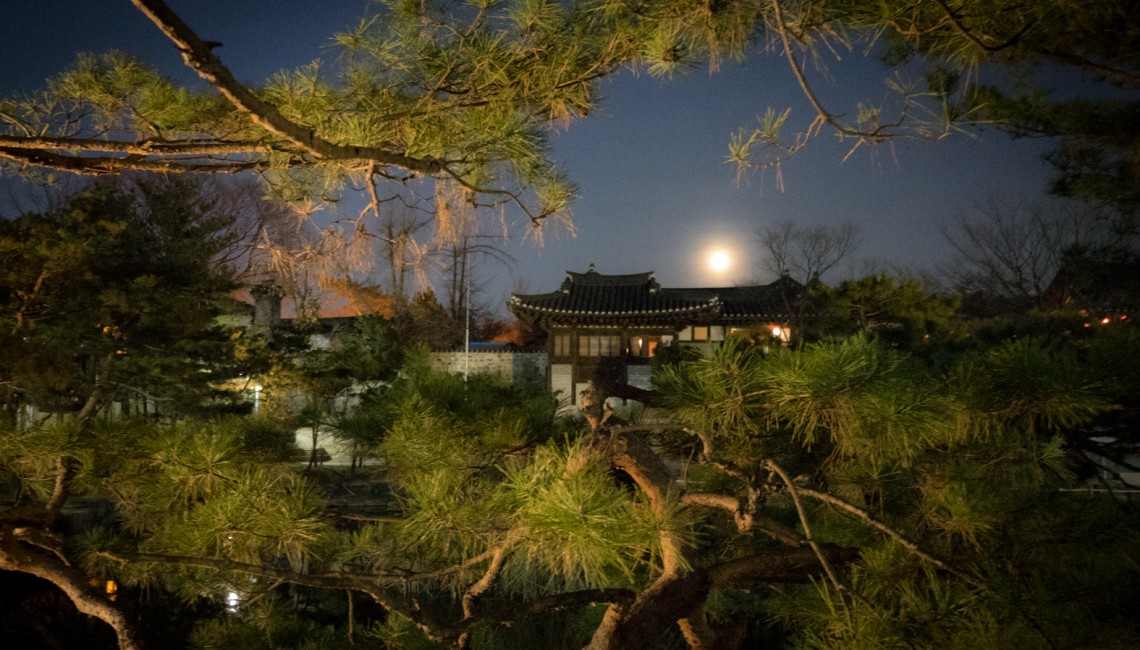
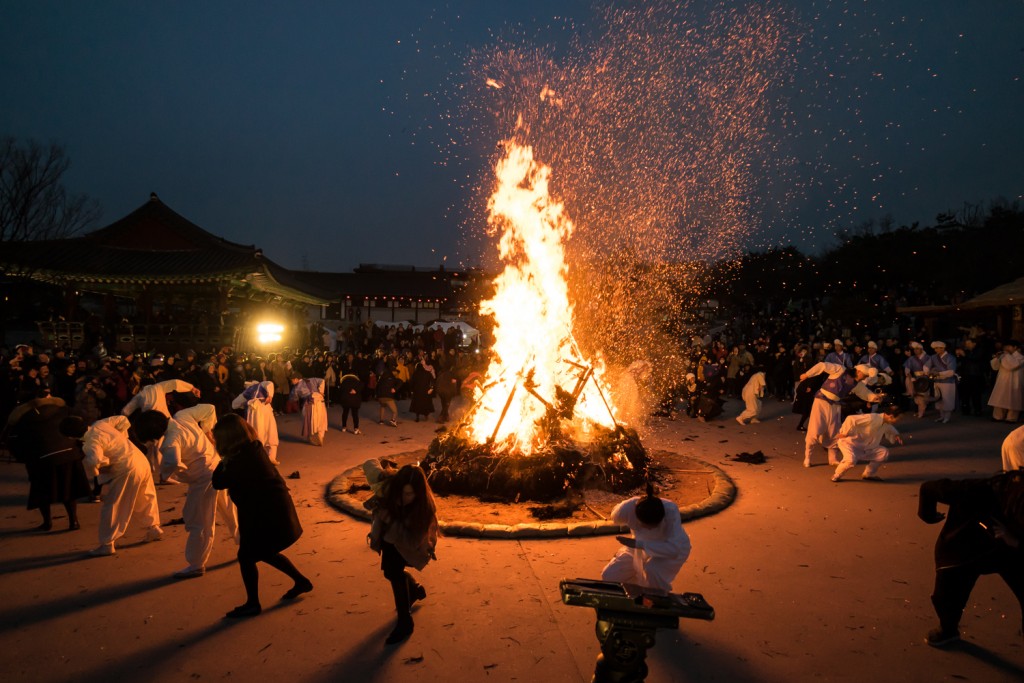
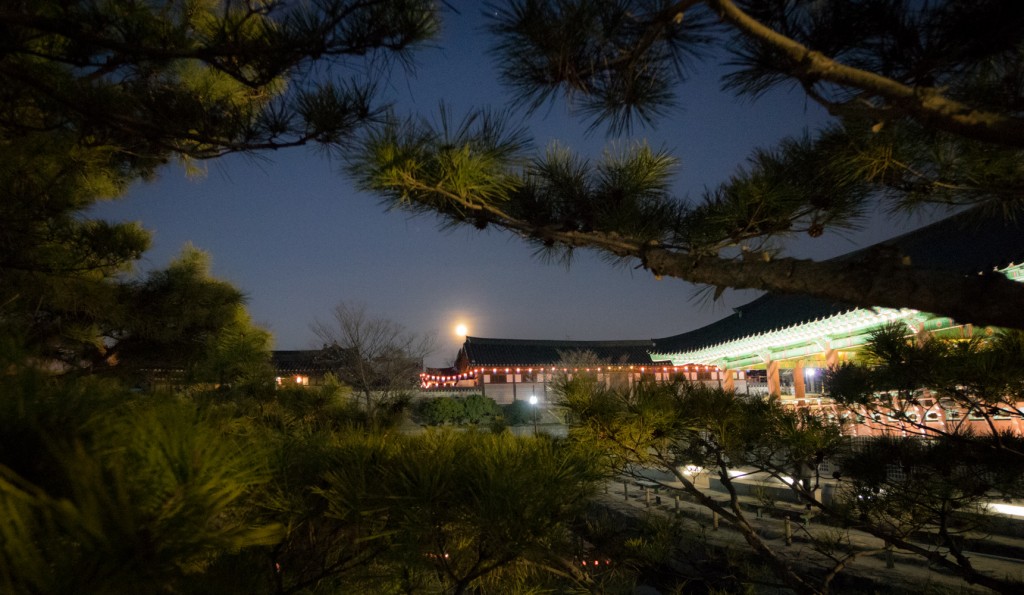
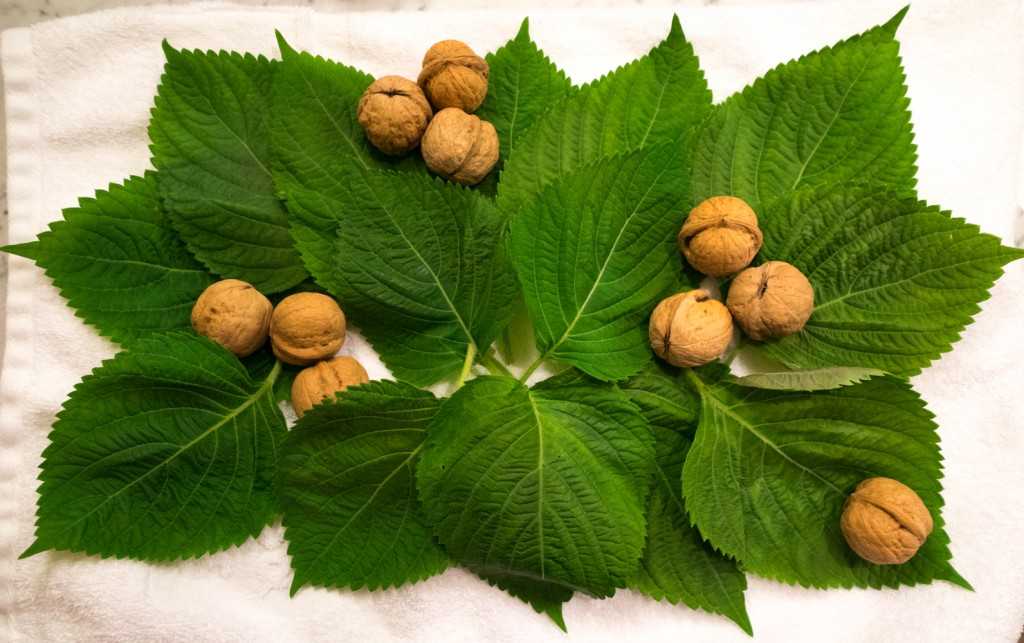
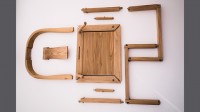
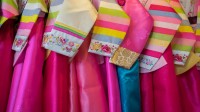
Rebecca Trafton
March 6
Oh, Jayne! It is thrilling to me to think that the very full moon that you and yours celebrated in ritual fashion greeted Emi and me tonight on our evening walk. There is snow on the ground and it is cold, probably about the same temperature as you experienced around the bonfire. (Wonderful video!) Your description, with the delicious preamble, is wonderful. The wry conclusion is sheer perfection. And yet again I am moved to write and tell you how grateful I am to be able to follow your adventures in this way.
My days are beginning to feel lighter and brighter, for which I am beyond grateful. In two weeks I will be in Santa Fe with Franny for a 4-day junket. In 3 weeks I will be in Washington for a visit with Fran and reunion with my WV book club. In 4 weeks it will be spring in my garden and my days will be full of wildflowers and new thoughts of activities and adventures, I feel certain. For now, I savor the full moon rising and I write to thank you for this delicious post. Keep 'em coming. (And at some point please remind me when you return to the States. Early April? Are you eager? Or wishing this unfolding adventure will never end?)
Sending you much love from chilly Boulder,
Rebecca